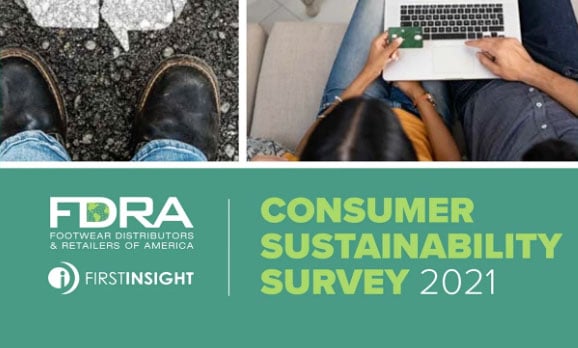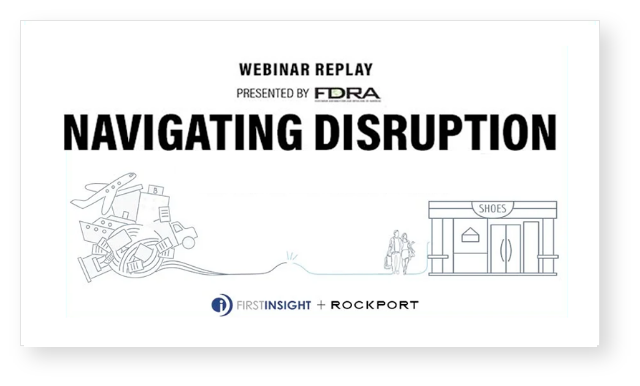Consumers, especially younger ones, are losing trust in paid influencers and looking instead to organic grassroots communities where their like-minded peers are sharing content and commentary about brands and products they actually love. Savvy retailers and brands are evolving their influencer marketing to meet consumers’ changing expectations and looking for more authentic engagement models that tap the true voice of consumers to unearth new insights they can use to develop new products and boost engagement and sales.
We recently had the opportunity to connect with Amber Atherton, CEO at Zyper, a community marketing platform that connects brands with the top 1% of their superfans. As backlash against traditional influencer models continues to grow, brands are turning to solutions like Zyper. We sat down with Amber ahead of her “Social Media Influencers in 2019: Evolving or Over?” presentation at Salesforce Dreamforce 2019 to discuss the state of influencer marketing and what retailers and brands should consider when building more authentic engagement and community-based brand advocacy programs.
Greg Petro: There has been a lot of controversy lately over the effectiveness of influencers and how fraud is becoming a billion-dollar problem for the retail industry. Why have consumers become disengaged from influencers?
Amber Atherton: After years of influencers buying fake followers, hiring click farms and promoting products that they don’t even use, consumers feel that they can’t trust much of what influencers say. People can easily see whether an influencer honestly cares about a brand or product, and they’re asking, “Why should I listen to this person who’s just promoting things for the money?”
Instead, consumers are looking to engage with authentic people whose authentic product recommendations they can trust. What we’re seeing is today’s consumers, particularly Gen Zers, gravitating toward more grassroots communities, where people share information and original content about the brands and products they love with others they have a close relationship and something in common with. This is opening up new opportunities for brands to connect with existing customers who genuinely love their products by building strong online brand communities.
Brands are now looking for ways to spark more meaningful conversations with their fans, while also tapping into the voice of those customers to unearth new product and purchase insights that can boost sales and drive new category product development.





















